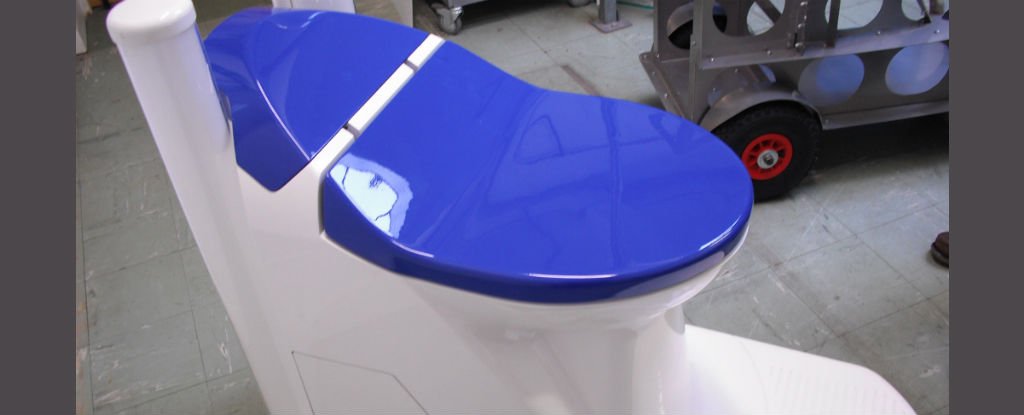
Every year we see and hear about new innovation and power generating invention that some say, will change the world! But that has been going on year after year with many inventions claiming they will change the world, if it were all true by now we would be thinking on how to go to a different galaxy.
So according to Sciencealert, Around 2.3 billion people around the world are living without access to safe and sanitised toilet facilities, so scientists in the UK have designed a new cheap, waterless, and energy-producing toilet, and it’s been scheduled for trials in Africa later this year.
The environmentally friendly and easy-to-maintain Nano Membrane Toilet has secured backing from the Bill and Melinda Gates Foundation, and has been three years in the making. If initial trials go well, the technology could be used everywhere from military vehicles to luxury yachts.
At the core of the toilet’s operation is a nanotech membrane, which separates vapourised water from the rest of the waste after some initial sedimentation. This process cleans it up for household washing or field irrigation by removing pathogens while the liquid is in a vapourised state. Nano-coated beads lead to the formation of clean water droplets on the other side.
An Archimedean screw system then kicks into gear to send the leftovers into a second chamber where they can be incinerated and turned into ash and heat. While the details of this second part of the process are still being finalised, the designers say it should be able to produce enough energy to power the whole operation, with some leftover to charge small gadgets such as mobile phones.
The remaining ash can be used as a fertiliser, while the closed lid and a special rotating mechanism (which replaces the flush) will prevent any unwanted odours from escaping.
That last point is important – the squalid state of many toilets in developing nations can lead to people opting for the great outdoors, which brings its own set of hygiene and safety issues.
The makers of the toilets are planning to distribute them through a rental system, which would bring costs for users down even further. Ghana has been earmarked as a potential location for the first trial run.
The Nano Membrane Toilet is being developed by researchers at Cranfield University, and was recently announced as a finalist at the Cleantech Innovate showcase.
http://www.sciencealert.com/trials-begin-on-new-waterless-toilet-that-can-turn-human-waste-into-power